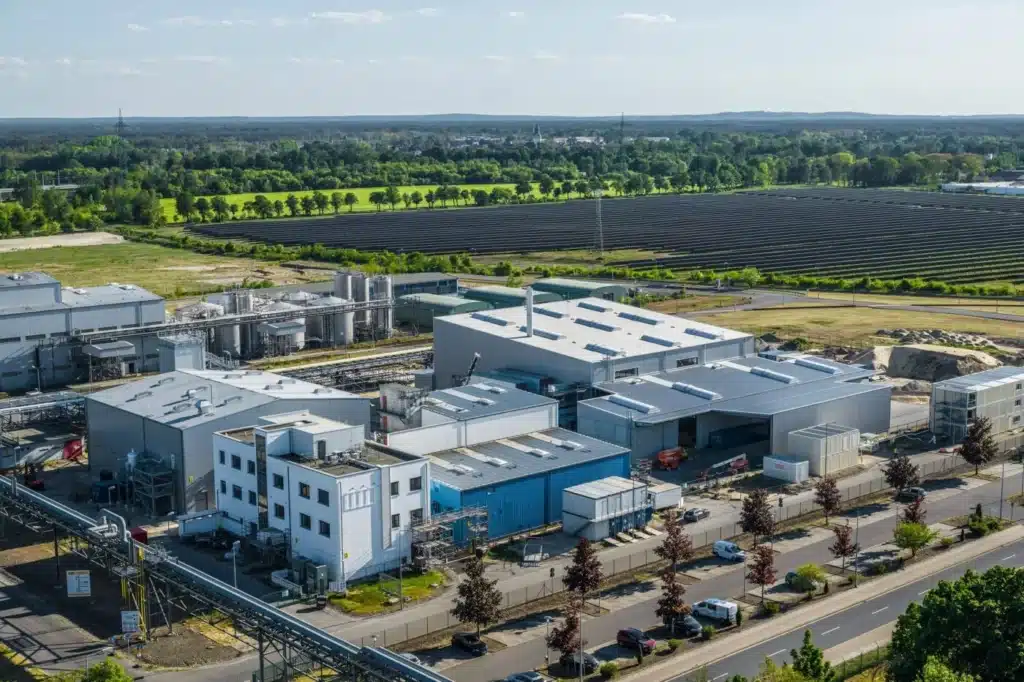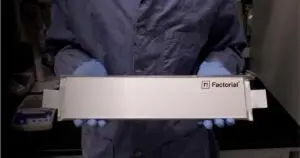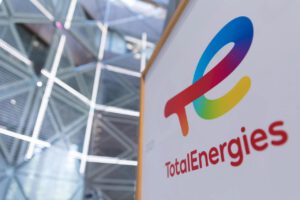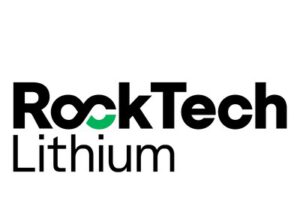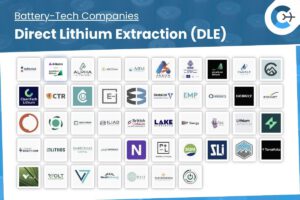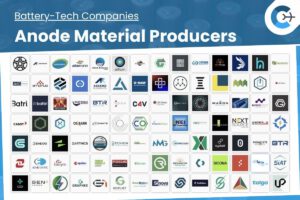BASF has commissioned its black mass production facility in Schwarzheide, Germany, achieving an annual capacity of 15,000 tonnes of spent lithium-ion batteries and production scrap. This volume corresponds to roughly 40,000 electric car batteries and positions the plant among the largest commercial black mass operations in Europe. The project, initially announced in June 2022, faced delays from its original early-2024 commissioning target. The new facility now joins BASF’s automated large-scale cathode materials plant and prototype metal refinery on the Schwarzheide site.
Black mass production begins the recycling chain: plastics and aluminum are removed through mechanical processing, leaving a mixture rich in lithium, nickel, cobalt, and manganese compounds. These active materials are then separated via a hydrometallurgical process using water and chemicals, yielding refined elements for new cathode production.
“Our new Black Mass plant is another proof for our commitment to the battery materials and recycling industry, which remains to be one of the most significant growth opportunities in the chemical industry and for BASF Battery Materials. It will become a cornerstone of our offerings to our customers to increase raw materials self-sufficiency and comply with the EU Battery Regulation,” said Dr. Daniel Schönfelder, President of BASF’s Battery Materials division. “With the new Black Mass plant, we strengthen our position as the preferred battery recycling partner for customers along the entire battery recycling value chain in Europe.”
BASF collaborates with local partners such as Stena Recycling, which since early 2024 has supplied black mass from its Halmstad, Sweden, pre-treatment operation. The material is further refined at BASF’s German prototype refinery, with plans to scale this model to a commercial-scale metal refinery alongside the black mass plant.
The Schwarzheide capacity aligns with BASF’s broader strategy, including a 2021 partnership with CATL on active cathode materials and recycling. That cooperation supports CATL’s European localization strategy, highlighted by its Erfurt plant and the Arnstadt production ramp-up, while advancing a sustainable battery ecosystem.
With its facility network and partner agreements, BASF now covers all major recycling steps—from collection and discharging to black mass production and refining—aiming to establish a circular battery supply chain across Europe.
Source: Electrive

